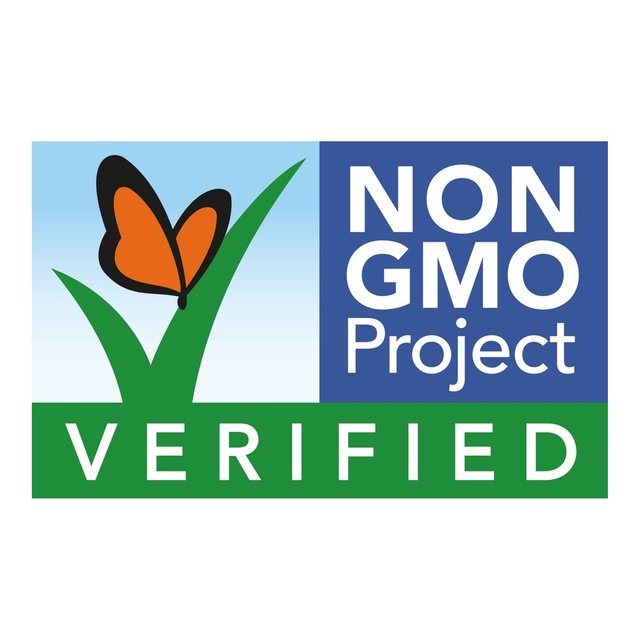The seed is the first link in the food chain - and seed sovereignty is the foundation of food sovereignty. If farmers do not have their own seeds or access to open pollinated varieties that they can save, improve and exchange, they have no seed sovereignty - and consequently no food sovereignty.
The deepening agrarian and food crisis has its roots in changes in the seed supply system, and the erosion of seed diversity and seed sovereignty.
Seed sovereignty includes the farmer's rights to save, breed and exchange seeds, to have access to diverse open source seeds which can be saved - and which are not patented, genetically modified, owned or controlled by emerging seed giants. It is based on reclaiming seeds and biodiversity as commons and public good
The past twenty years have seen a very rapid erosion of seed diversity and seed sovereignty, and the concentration of the control over seeds by a very small number of giant corporations. In 1995, when the UN organised the Plant Genetic Resources Conference in Leipzig, it was reported that 75 per cent of all agricultural biodiversity had disappeared because of the introduction of "modern" varieties, which are always cultivated as monocultures. Since then, the erosion has accelerated.
The introduction of the Trade Related Intellectual Property Rights Agreement of the World Trade Organisation has accelerated the spread of genetically engineered seeds - which can be patented - and for which royalties can be collected. A Monsanto representative later stated: "In drafting these agreements, we were the patient, diagnostician and physician all in one." Corporations defined a problem - and for them the problem was farmers saving seeds. They offered a solution, and the solution was to make it illegal for farmers to save seed - by introducing patents and intellectual property rights on those very seeds. As a result, acreage under GM corn, soya, canola, cotton has increased dramatically.
Threats to seed sovereignty
Besides displacing and destroying diversity, patented GMO seeds are also undermining seed sovereignty. Across the world, new seed laws are being introduced which enforce compulsory registration of seeds, thus making it impossible for small farmers to grow their own diversity, and forcing them into dependency on giant seed corporations. Corporations are also patenting climate resilient seeds evolved by farmers - thus robbing farmers of using their own seeds and knowledge for climate adaptation.
Another threat to seed sovereignty is genetic contamination. India has lost its cotton seeds because of contamination from Bt Cotton - a strain engineered to contain the pesticide Bacillus thuringiensis bacterium. Canada has lost its canola seed because of contamination from Roundup Ready canola. And Mexico has lost its corn due to contamination from Bt Cotton.
After contamination, biotech seed corporations sue farmers with patent infringement cases, as happened in the case of Percy Schmeiser. That is why more than 80 groups came together and filed a case to prevent Monsanto from suing farmers whose seed had been contaminated.
The "compulsory voluntary contribution", in other words a royalty, is justified on grounds that "a fee is paid to certificate holdersto sustain funding of research and efforts to improve genetic resources".
Monsanto pirates biodiversity and genetic resources from farming communities, as it did in the case of a wheat biopiracy case fought by Navdanya with Greenpeace, and climate resilient crops and brinjal (also known as aubergine or eggplant) varieties for Bt Brinjal. As Monsanto states, "it draws from a collection of germ-plasm that is unparalleled in history" and "mines the diversity in this genetic library to develop elite seeds faster than ever before".
In effect, what is taking place is the enclosure of the genetic commons of our biodiversity and the intellectual commons of public breeding by farming communities and public institutions. And the GMO seeds Monsanto was offering are failing. This is not "improvement" of genetic resources, but degradation. This is not innovation but piracy.

Thank you so much for participating in the Partiko Delegation Plan Round 1! We really appreciate your support! As part of the delegation benefits, we just gave you a 3.00% upvote! Together, let’s change the world!
Downvoting a post can decrease pending rewards and make it less visible. Common reasons:
Submit